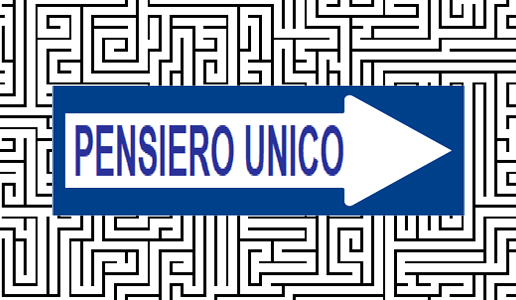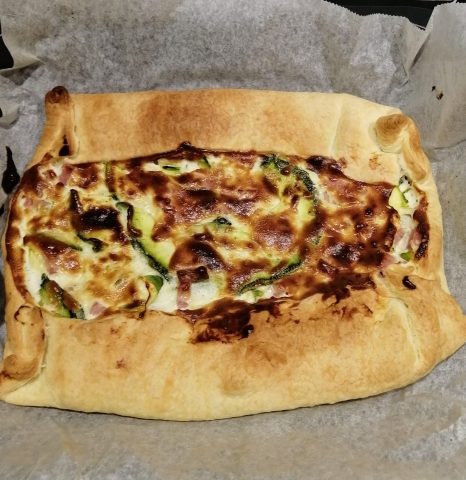Single views

It is important to avoid the risk of adhering to a single or prevailing view, one which is too often superficial, trendy and lacks a solid scientific basis and for this reason dangerous.
One of my strongest convictions is that all single views or, more correctly prevailing views, are dangerous and anti-democratic. Whether they are reigning fashion, ideological battle cries or fads to unequivocally distinguish good from evil, true from false, right from wrong it makes no difference to me. They all end up avoiding discussions, rational debate and exchanges of opinions that are the basis of freedom and true democracy.
In our world of wine all this results in the adoption of steadfast and sometimes irrational positions, those inspired by emotions and a naive way to imagine a reality without complexity, as if it was a “refuge for the soul” to hide away in. From this point of view wines must be “territorial”, the product of eco-sustainable winegrowing, made without any use of chemicals but with “soft” winemaking methods, while it is an outrage to use sulfites, reduction methods and small barrels. International varietals are also unacceptable and wines should be made from a single variety, if possible “native” and using “indigenous” yeasts. According to some, all this produces the utmost quality.
For sure, many of these practices are good and should not be rejected. But without allowing distinctions one cannot reason, without analyzing real situations there is the risk of coming up with nice theories without taking into consideration the complexity of reality. This may produce comforting simplifications but they have no incisiveness and above all demonize those who seek to reasonably question views and are not politically correct and do not adhere to the single or prevailing view.
Some examples. Limiting the use of sulfites is good thing and over the years this has been the trend and today the amount of SO2 in the vast majority of wines is less than half what it was 30 years ago. But if one avoids using substances that protect wines for external attacks they run the risk of creating acetaldehydes, biogenetic ammines, called histamines, putrescines and cadaverines that are much more dangerous than sulfites.
It is well and good to use traditional varietals but there are areas in Italy where “tradition” is also represented by Merlot, in Friuli and Veneto; by Chardonnay, in Trentino; and by Cabernet Sauvignon, in Bolgheri. And it should be pointed out that in Italy the use of these varietals is minimal in overall production.
Using just one variety to make wine is also a good thing, as long as this is part of a tradition in a more precise meaning of the term. Using only Sangiovese to make Chianti or Carmignano is not a traditional practice, given that these wines have always been the product of blending Sangiovese with small amounts of other, equally historic varieties like Colorino, Canaiolo and Pugnitello.
Adopting eco-stainable methods is all well and good and today becoming indispensable. However, even genetic editing is a valid way of reducing the use of chemicals in the vineyards and biodynamic and similar methods are not the only method to achieve this.
It is good to avoid systemic products as long as the vineyards are not flooded with heavy metals, like copper, which take centuries to break down.
Attempting to have a discuss on this, as those who read this know, seeing how I am playing on my home turf, can sometimes provoke violent arguments, almost as if those who believe it is necessary to understand and discuss are occult supportersof the who know what ulterior interest of some chemical multinational and not simply someone who seeks to avoid adhering to a “single view” that is often too superficial, trendy and without a solid scientific basis.

 Italiano
Italiano








